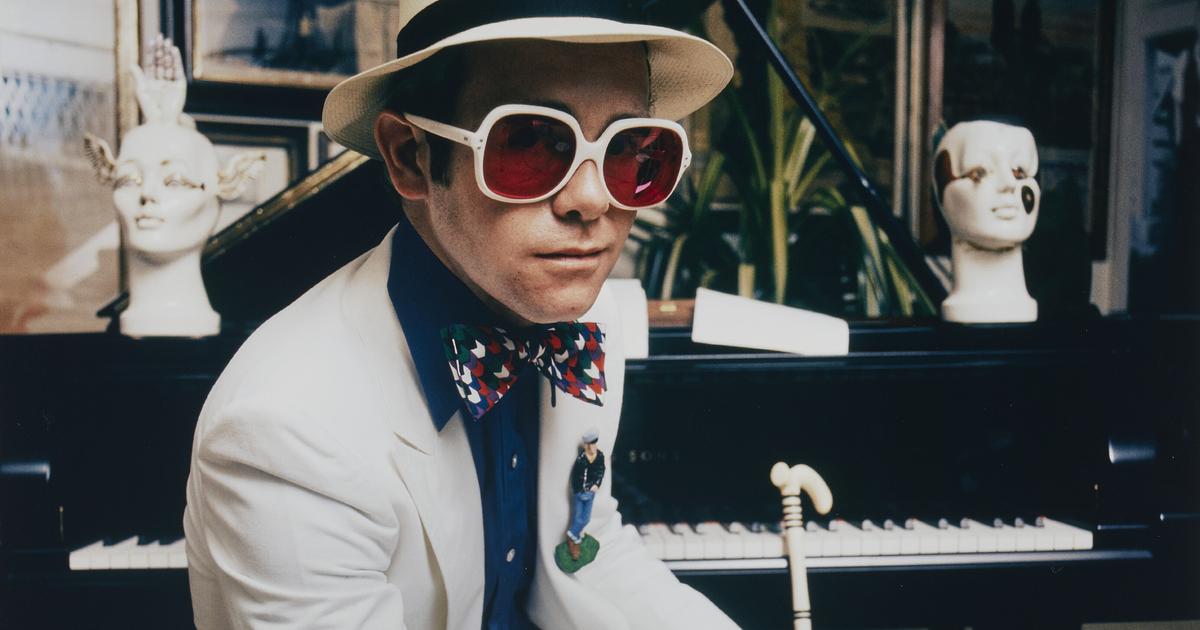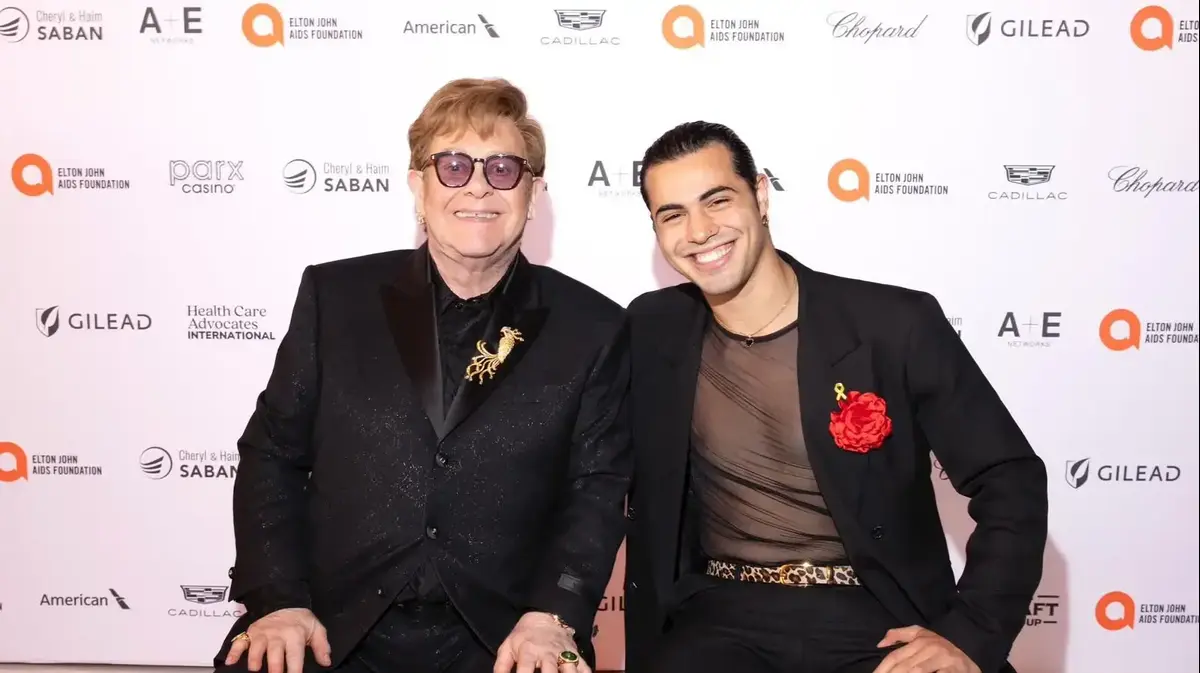Olivia Newton-John (1948-2022) had a more than resounding career, at a time when the dominant model among her contemporaries was Carole King, Joni Mitchell and other confessional singer-songwriters.
She, however, was made of special stuff: she refused to sink and, after each disaster, she would rise to the surface and try again.
More information
Olivia Newton-John, star of 'Grease,' dies at 73
And some of his punctures had epic dimensions.
She was hired in 1970 by New York businessman Don Kirshner to be part of Toomorrow, a prefabricated group for
teenage
consumption .
Kirshner had experience with those products—The Monkees, The Archies—he knew the stuff and wanted a band that was as obedient in the studio as it was disciplined in his daily life.
He agreed to film three films with Harrry Saltzman, the producer of the first batch of titles starring James Bond, but the two tycoons did not understand each other and only the first one,
Toomorrow
, was made, a film so unfortunate that it was barely shown.
While the rest of her classmates sank into anonymity, Olivia put her plan B into practice. She had a solid friendship with John Farrar, a versatile Australian musician who had even recorded at Abbey Road with several of the legendary The Shadows.
Farrar saw that Olivia had spark in her directing and stylistic flexibility;
as her producer, she searched for appropriate material.
They recorded accessible compositions by Bob Dylan and George Harrison, until they found the gold mine of pop ballads that slipped into
country
radio and, by rebound, into general stations.
In Nashville, capital of the western music industry, Olivia was considered an outsider but she took all the awards in the industry, much to the outrage of Loretta Lynn and other historical singers.
Dolly Parton wanted to play down the conflict and Olivia tried to make peace by recording the album
Don't Stop Believin'
(1976) in Nashville.
A storm in a glass of water: her professional career took a radical turn when she was cast as the star of the film version of
Grease
, a successful Broadway musical.
As the male heartthrob, John Travolta, he was 10 years older than Sandy's supposed age (and in both cases, it showed!).
It did not matter: she was a worldwide hit, apart from a cultural phenomenon that helped rescue the fashion and music of the fifties.
Cleverly, Farrar and Roger Davies (another smart Aussie, who acted as Olivia's
manager
) opted to bring her back to her real age, resorting to tight clothes and a sexy repertoire, with
Physical
as the flag.
Until then, Olivia had been competing with Helen Reddy or Anne Murray, modest singers with slight nods to feminism, but her Aussie energy swept the competition away.
The corresponding video stood out for its humor and its complicity with gay culture.
Some of her audacity was punished in some latitudes: she was censored in
apartheid
South Africa .
Deep down, there seemed to be an attempt to launch her as a diva on the dance floor as well.
But in 1980 there was already a saturation of
disco music
and the vehicle to reach that market was dire:
Xanadu
started from the idea that the Electric Light Orchestra could reinvent itself like the Bee Gees in
Saturday Night Fever
.
And no.
In 1983 there was another attempt to recreate a proven formula for success, by pairing her with John Travolta in
Such for Which.
As in
Xanadu,
the soundtrack worked better than the film itself.
A brave woman, she took her record label, MCA, an all-powerful multinational also connected to the New York mafia, to court to escape from a particularly onerous clause, which required that she continue delivering new albums on fixed dates, despite her film commitments.
In time, the formula proposed by Olivia would be accepted as the standard in the recording world.
In 1993, Newton-John announced that he had cancer, a disease that he fought tenaciously but would return throughout his life.
He devoted much of his time to charity work, while also recording concept albums, including those dedicated to Christmas, children's songs, female authors;
all without neglecting the conservative
country public
.
He used his popularity to get involved in ecological causes and defend the medicinal use of
cannabis
.
50% off
Subscribe to continue reading
read without limits
Keep reading
I'm already a subscriber

/cloudfront-eu-central-1.images.arcpublishing.com/prisa/5SIJKQLNXIEG5QUUZXFYUBDYRY.jpg)













